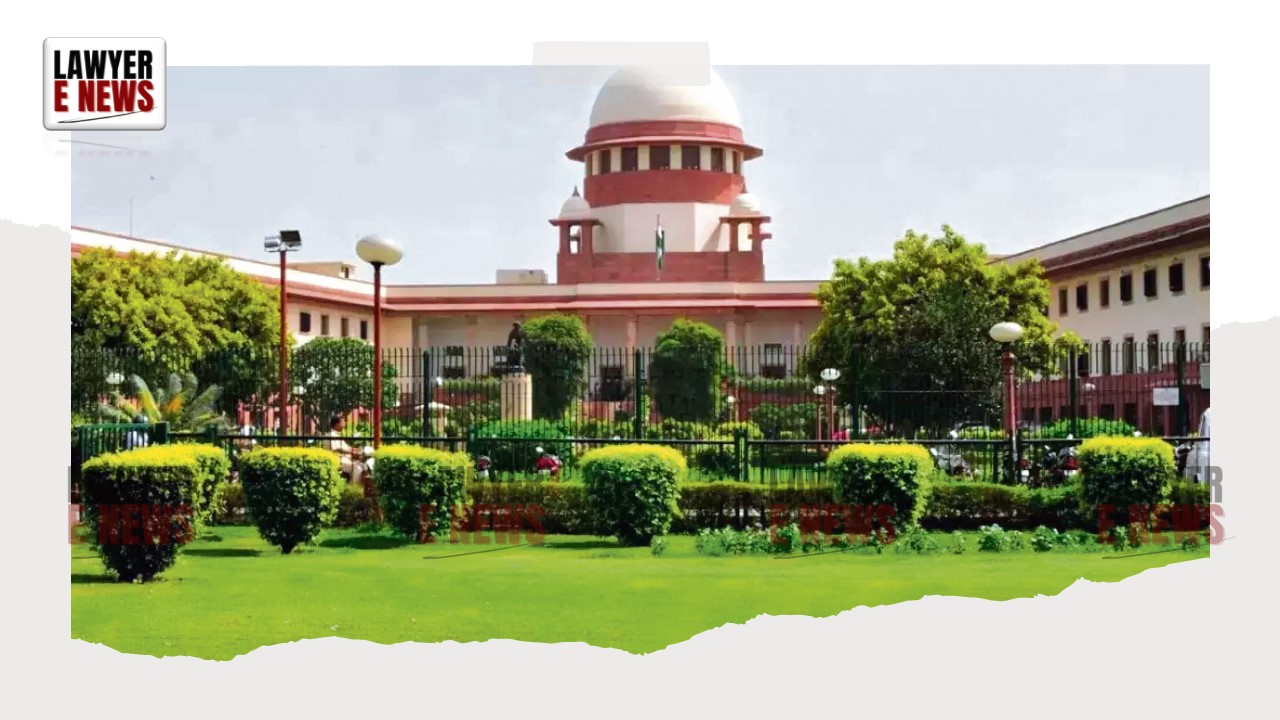-
by Admin
15 February 2026 5:35 AM



On September 13, 2024, the Supreme Court of India delivered a pivotal ruling in S.D. Manohara v. Konkan Railway Corporation Limited & Ors., addressing a protracted service dispute. The Court ruled that the appellant, S.D. Manohara, had successfully withdrawn his resignation before its acceptance by the employer. This judgment reaffirms the established legal principle that an employee can withdraw their resignation before it is formally accepted by the employer.
S.D. Manohara had been an employee of the Konkan Railway Corporation since 1990. After 13 years of service, he submitted a resignation letter on December 5, 2013, specifying it would become effective after one month. However, amidst ongoing discussions and correspondence, Manohara sought to retract his resignation. The primary issue in this case was whether the resignation was withdrawn before being accepted by the employer.
The employer contended that the resignation was accepted on April 7, 2014, and that Manohara's subsequent withdrawal request on May 26, 2014, came too late. In contrast, Manohara argued that the acceptance was never communicated to him, and he had continued to work during this disputed period.
The central legal issue revolved around the established doctrine that a resignation can be retracted before it is officially accepted by the employer. Relevant precedents include cases such as Srikantha S.M. v. Bharath Earth Movers Limited and Union of India v. Gopal Chandra Misra. This case required the Court to delve into the exact timeline of events to determine whether Manohara’s withdrawal was valid.
The appellant argued that he had continued his employment without any formal communication of acceptance, citing his active service on May 19, 2014, and directives received from the employer to report to duty. In contrast, the respondent employer maintained that the resignation had been accepted effective April 7, 2014, with a formal internal communication dated April 15, 2014.
The Supreme Court thoroughly examined the evidence, including letters and communications exchanged between the parties. The Court observed that the letter dated April 15, 2014, was an internal memo and there was no concrete proof that it had been served to Manohara. Notably, the Court acknowledged that the appellant was directed to report for duty on May 10, 2014, suggesting that the resignation had not yet been finalized.
Furthermore, the Court recognized the appellant's consistent efforts to withdraw his resignation and his continuous engagement with the respondent employer. The justices were persuaded by the fact that Manohara was actively reporting to duty on May 19, 2014, and the communications from his wife on April 17, 2014, and May 20, 2014, requesting the non-acceptance of his resignation.
In delivering the judgment, the Court upheld the principle that an employee's resignation can be withdrawn before acceptance. It underscored that the appellant’s resignation was withdrawn before any formal acceptance, thereby rendering the appellant's withdrawal effective.
The Supreme Court ruled in favor of S.D. Manohara, setting aside the decision of the Division Bench of the Karnataka High Court. The Court ordered his reinstatement into service and directed that he should receive 50% of the salary for the period he was not in service, to be counted towards pensionary benefits. This decision reaffirms the legal principle that resignation withdrawal before acceptance is valid and enforceable, protecting employees' rights in such service disputes.
Date of Decision: September 13, 2024
S.D. Manohara v. Konkan Railway Corporation Limited & Ors..
